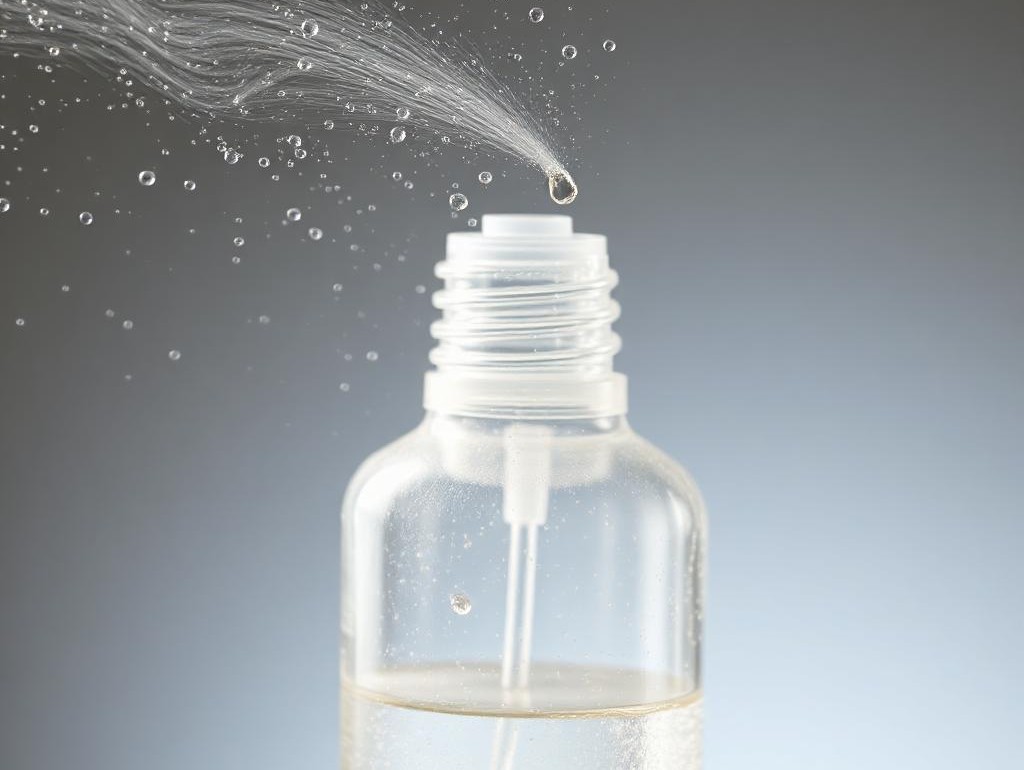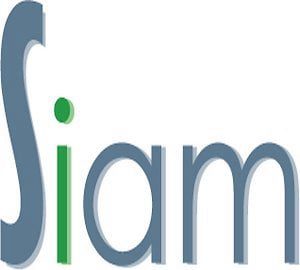Could alcohol in disinfectants soon be banned?

Image: AI-generated
Could alcohol in disinfectants soon be banned?– Will using a bottle of disinfectant become illegal? The common ingredient ethanol protects against bacteria and viruses. But stricter EU regulations could soon make access to them more difficult.
Since the Covid pandemic, they have been standard equipment in public restrooms: disinfectant dispensers. They usually contain ethanol. But this could soon be over: an assessment procedure by the European Chemicals Agency (ECHA) is currently underway at the EU level. A panel of experts must assess whether ethanol should be classified as carcinogenic in general. If so, the substance could be banned in disinfectants.
In revolt!
Doctors and pharmaceutical associations are rebelling. The German Association for General and Hospital Hygiene warns of the health consequences: ethanol can hardly be replaced by other products. Hospital staff disinfect their hands with ethanol, for example before an operation. ‘If ethanol were banned, it would pose a danger to employees and patients,’ says vice president Walter Popp, a physician specializing in internal medicine, occupational medicine and hygiene.”
Effective, safe and indispensable
There is also a lack of understanding of the procedure among medical specialists. ‘Ethanol is effective, safe and indispensable as a disinfectant, medicine and medical device,’ Konstantin von Laffert, vice president of the German Dental Association stressed in a statement. Today, bottles containing an ethanol mixture are even available at drugstores.
Cancer risk
Alcohol consumption increases the risk of cancer. Numerous studies have shown that. The exact limit is difficult to determine. Alcohol is present in small concentrations even in everyday foods such as fruits and juices. During the digestive process, even in healthy people, small amounts of alcohol are produced by fermentation in the intestines.
Greater effect than substitutes
According to current research, there is little evidence to date that touching or inhaling ethanol increases cancer rates. According to the Federal Institute for Risk Assessment (BfR), absorption through the skin is no more than two percent, making it “negligible” compared to drinking alcohol.
Irritation complaints
During use, complaints such as irritated eyes or coughing may occur. But: ‘These are of a temporary nature and end when absorption through the breathing air is no longer possible,’ said a spokesman for the Federal Institute of Public Health. ‘With proper disinfection, including proper ventilation of the room, concentrations in the air we breathe are so high that the known – and “desired” – effects of ethanol on the nervous system occur are not to be expected.’
Alternative agents
In addition to ethanol, propanol and chlorhexidine are sometimes used as disinfectants in hospitals. Some pathogens, such as coronavirus, can be controlled with alternative agents. For example, according to the Yellow List Pharma Index, ethanol is the only active ingredient with “comprehensive action” against pathogens such as polioviruses or noroviruses. Hygiene expert Popp confirms, “Ethanol fights certain viruses more effectively than propanol.
Implications for labor law?
There is currently a recommendation at EU level to classify ethanol as “reproductive toxic” and therefore harmful to reproduction and embryo development. Physician associations warn that female medical personnel would then be prohibited from working during pregnancy for legal reasons. There are fears that such a classification could even lead to a ban on work for all women of childbearing age.
Some hospitals already exclude pregnant women from surgical procedures. The result: staff shortages in hospitals are sometimes becoming increasingly acute.
ECHA consultation until April 28
The ECHA consultation runs until April 28. Until then, stakeholders must identify possible alternatives to ethanol. According to doctors, however, the necessary studies to classify ethanol as “reproductive toxic” are lacking.
Hope for exceptions
The Yellow List also fears supply problems: within the EU, for example, only five manufacturers produce propanol, considerably fewer than ethanol. The Federal Risk Agency (Bundesanstalt für Risikobewertung) introduces several exceptions: this would be possible if the active ingredient – as in medical use – serves to “prevent danger. Or: if “human contact with the active ingredient is negligible.
Even after an assessment by the ECHA at the end of April, the EU’s political decision has still not been made. The outcome is difficult to predict, say the doctors. “Until then, there’s nothing left to do but lobby,” says Walter Popp.
Source: RHEINISCHE POST
Also read: Water-based graph ink for 3D printing
Reservation
This information has been compiled with the greatest possible care, in some cases from different information sources. (Interpretation) errors are not excluded. No legal obligation can therefore be derived from this text. Everyone dealing with this subject has the responsibility to delve into the matter!
